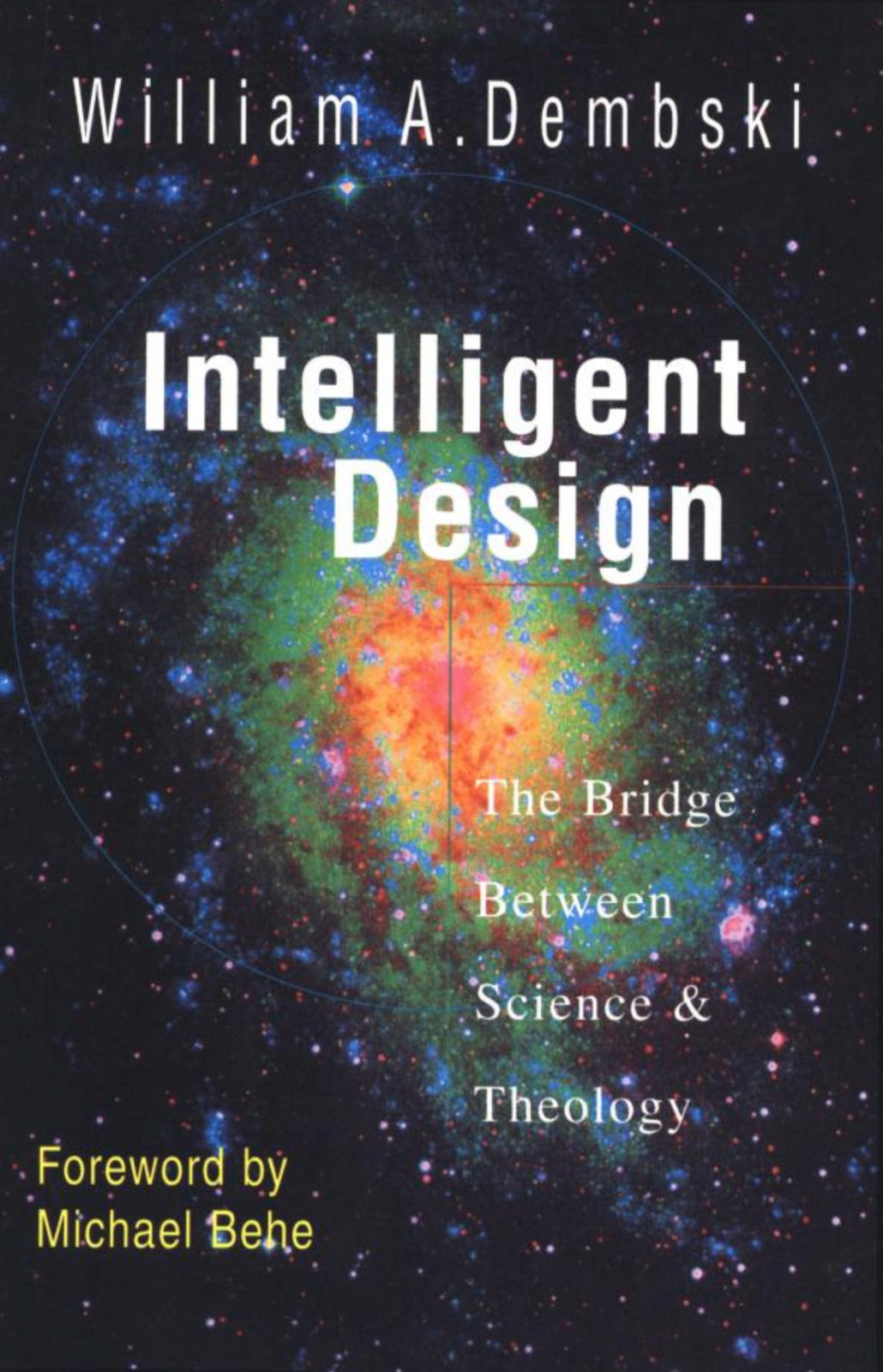


How the Arts and Sciences Reveal the Genius of Nature

The Design Inference

Woke Math Won’t Deliver Equity

Melissa Cain Travis on Science and the Mind of the Maker

Breakout Paper in Journal of Theoretical Biology Explicitly Supports Intelligent Design

Staggering Learning Loss

For Darwin Advocates, Wistar Conference Remains a Pain in the Master Narrative
The 1966 Wistar Institute conference remains, fifty years later, a pain in the master narrative of Darwin advocates. According to their favored story, doubts about the evolutionary mechanism are the exclusive domain of, first of all, those seeking to uphold a particular interpretation of Genesis and, second, the scientifically ignorant. Today marks the anniversary of the conference’s opening, April 25 Read More ›

A Slightly Technical Introduction to Intelligent Design
